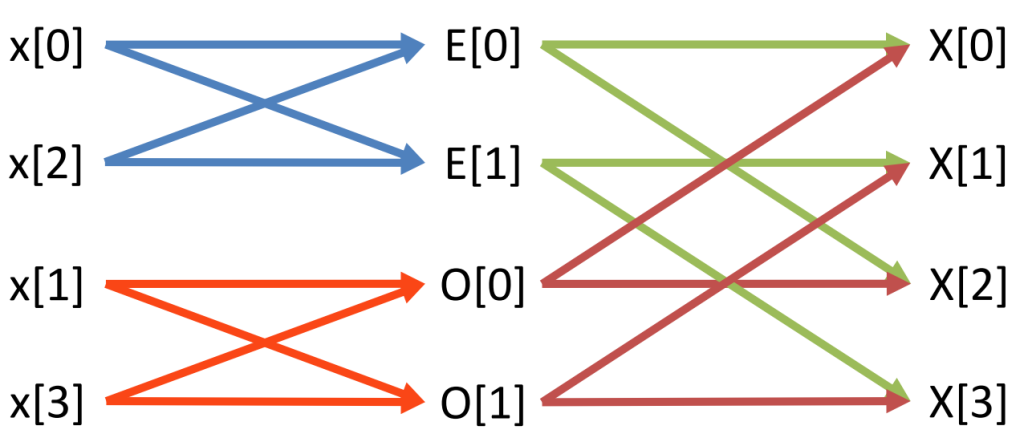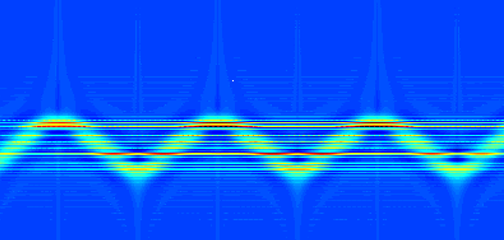
Fast, Furious, and Fundamental: The Untold Depth of the Fast Fourier Transform
We tend to treat algorithms as transient tools—clever bits of logic that solve specific problems and then fade into the background. But the Fast Fourier Transform, or FFT, is not that kind of algorithm.
The FFT isn’t just a fast way to compute a Fourier transform. It’s a cornerstone of digital signal processing, and by extension, of modern computation. It’s the engine beneath your voice assistant’s signal chain, the speed behind your MRI scanner’s image reconstruction, and the unsung hero of everything from wireless communication to deep learning.
Yet for many, the FFT begins and ends with a textbook diagram of a radix-2 butterfly. That’s a shame, because the FFT is both deeper and more diverse than its most famous form.
Let’s explore what the FFT really is, how it goes beyond radix-2, and why it remains one of the most influential ideas in the applied mathematical sciences.


